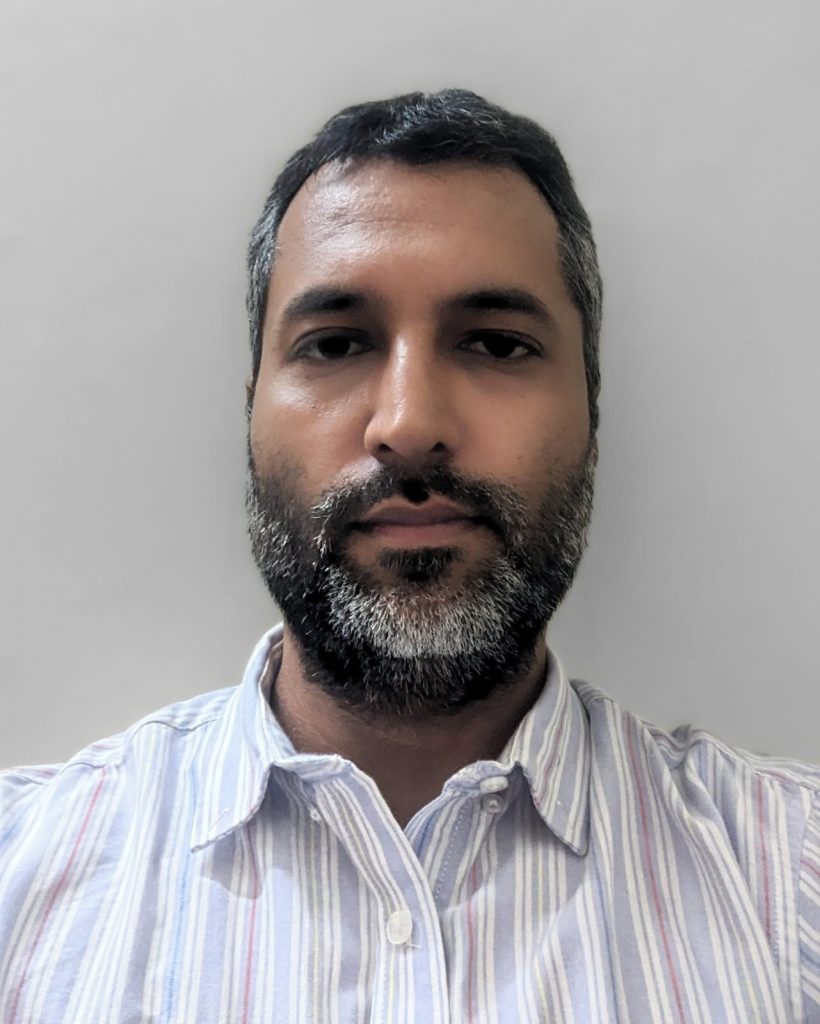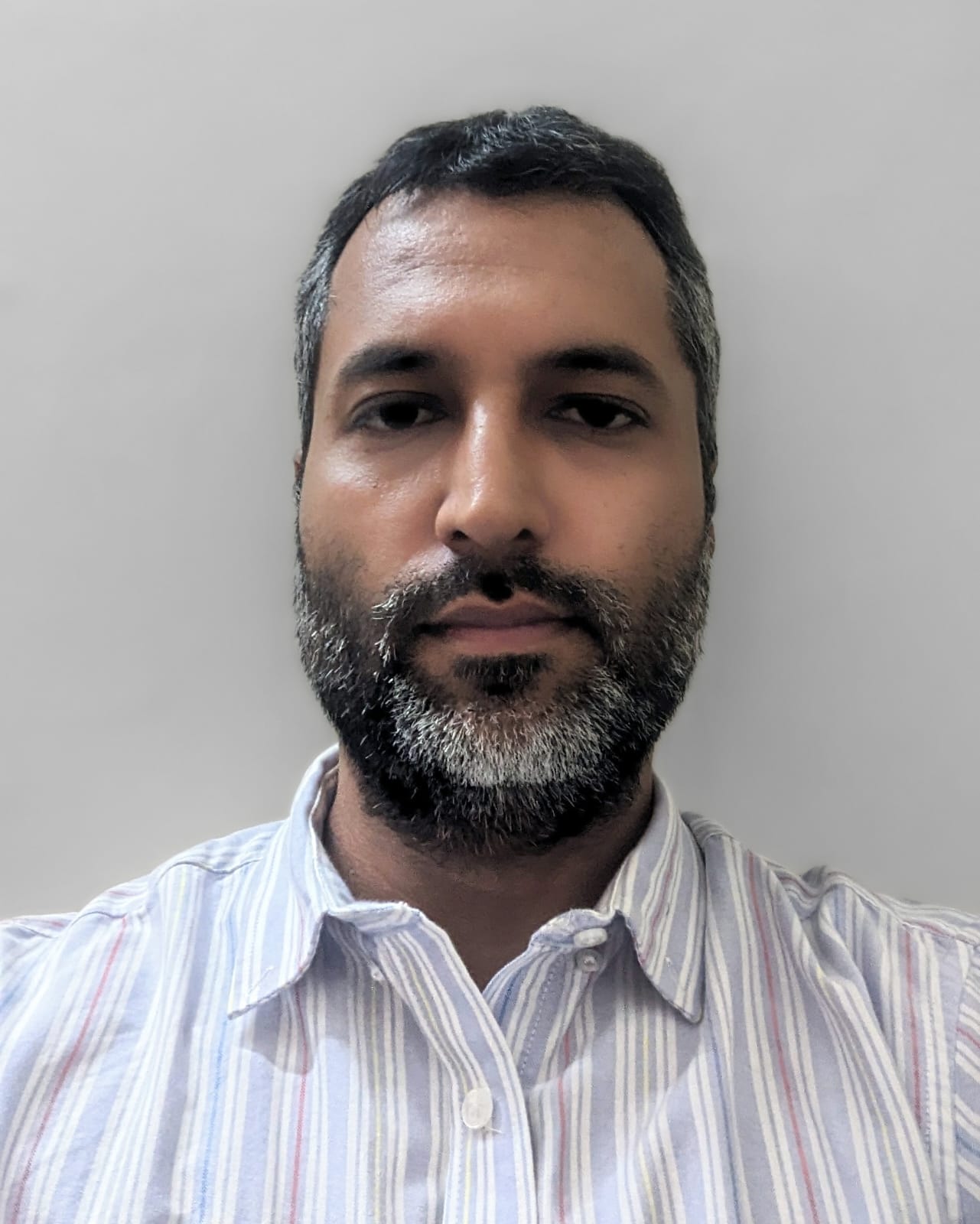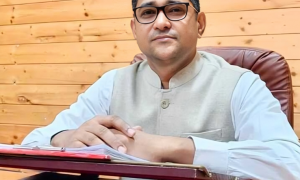This Interview has been published by Pragya Chandni and The SuperLawyer Team

Can you share your education journey into the legal field, particularly what motivated you to pursue law after completing your B.A. in Business Economics?
During my bachelors I decided to pursue masters in economics or psychology but when I saw the career trajectories of Delhi University law graduates I realized that a Delhi University law degree has tremendous potential and is quite cost-effective. I graduated from the Faculty of Law, Delhi University in 2009 and joined the firm where I interned as an associate.
Your profile showcases a diverse range of experiences, from working as a Partner in a law firm to holding leadership roles in major corporations. How did these experiences shape your approach to legal practice?
I spent my first 10 years in the general corporate practice of a boutique law firm where I worked on several aspects of law ranging from general corporate to litigation and arbitration, and this varied exposure trained me for a larger role. When I got the 10-year itch I decided to move in-house to experience the business side of law. My first in-house role was eye opening because I had to quickly learn how to juggle a higher work volume but with lesser intensity unlike my law firm days where it was about specific assignments but high quality delivery. My rigorous law firm background helped me extensively in increasing the quality of in-house legal work and deliveries. In-house legal practice is vastly different from law firm practice primarily because almost all legal advice and decision matrix has to be delivered to the internal stakeholders in a simplified version for enabling business decisions but without removing the legal essence.
Could you elaborate on your work with the Indian Cyber Crime Coordination Centre (I4C, MHA) ? How did this experience influence your perspective on cybersecurity and online fraud prevention?
Cyber frauds between users were quite high in one of our online business verticals and we collaborated with I4C (MHA) in building an online fraud prevention model for intermediaries like us and others. My major learning from this experience was how introducing customer education, multi-check KYC mechanism (during account creation especially) and dynamic algorithmic filters can drastically increase cybersecurity and reduce online frauds to supplement the in-house legal team’s efforts.
You’ve been involved in various aspects of fintech. How do fintechs navigate the regulatory complexities while ensuring innovation and growth ?
Even though fintechs are growing rapidly, it is becoming progressively harder and cumbersome for them to match pace with the regulations and compliances for their existing or new products. Our government is very frequently issuing guidelines, notifications, circulars, and laws which make it difficult for fintechs to quickly design, grow, or tweak products and synchronize with the government’s objectives. I feel that in the near future compliance and regulatory aspects for fintechs will stabilize and the Indian government will have completed building a large part of its fintech regulatory ecosystem. Until then fintechs have to operate on a risk-compliance model to build the most compliant platforms and products which minimize customer, business, and public risk.
You’ve filed a DRHP in December 2023 with SEBI for Awfis Space. What are some of the key preparatory points pre-DRHP filing ?
Company secretarial documentation and information, promoter identification, consents, litigation disclosures and risk factors form the backbone of a DRHP filing, especially in a company where several investment rounds have occurred and there are pending regulatory litigations. At least 7–8 months prior to DRHP filing it is advisable to be audit ready, collate and complete all secretarial documentation and information, resolve or settle larger vendor payments, litigations, arbitration, and disputes, and avoid new business complexities which can have adverse regulatory or legal impact.
You were part of Prosus’ Olx India business sale to Cartrade Tech in August 2023 for USD 65 million. What was a unique aspect of the transaction which you had not anticipated ?
It was a really interesting transaction because we first had to merge the classifieds business with the autos business and then sell the combined entity to Cartrade Tech. I had not anticipated the employee related complexities we would face in moving about 400 employees from one Olx business entity to the other. It was a legal and human resources issue where we had to interact and take written consents from all such employees which extended our closing timelines a bit.
How is AI changing in-house legal teams in routine legal work ? Any advice for new lawyers on maximizing AI use benefits ?
In routine legal work, the positives I see are faster research work and basic drafting. It is easy to generate basic templates for notices, representations, and low-value agreements. The negatives are that new lawyers are not reading articles, books, and case laws and heavily rely and trust AI generated results. Till AI advances to near perfect levels and becomes a default use case, a new lawyer should be able to draft simple documents by writing or typing to hone their legal skills and become comfortable with legalese.
With your background in public policy, including your involvement in amending the Motor Vehicles Act in April 2023, what advice would you give to fresh law graduates aspiring to make an impact in shaping legislation and regulatory frameworks?
If public policy work interests a lawyer then it makes sense to practice for a few years especially in litigation to become comfortable with interpreting legislations and developing legal arguments and then work in the public policy department of a company or non-profit, or join a think tank. A masters degree in social sciences or public policy will add tremendous value and can unlock several opportunities.
Get in touch with Aman Yadav-


























